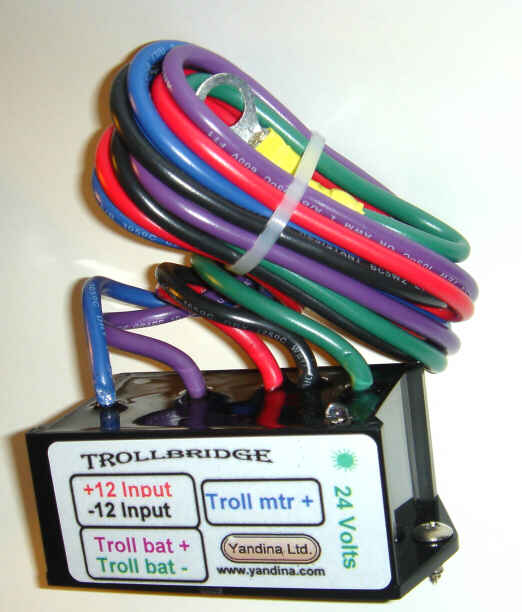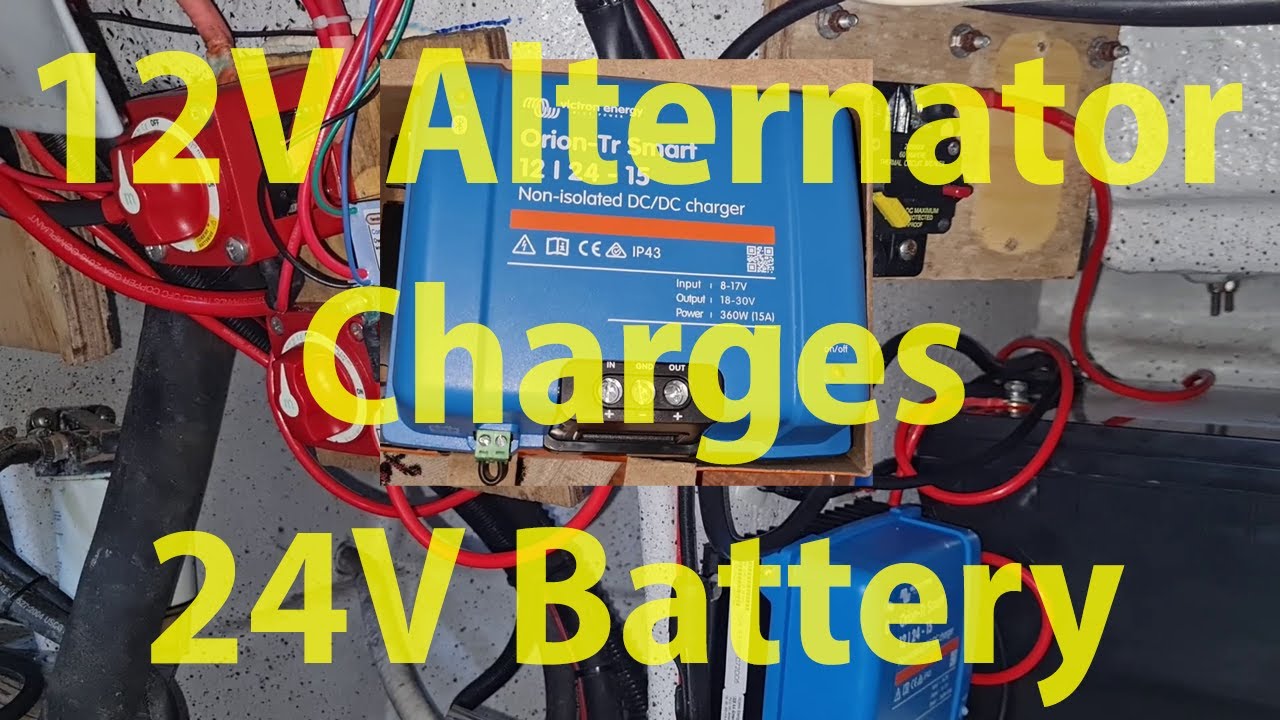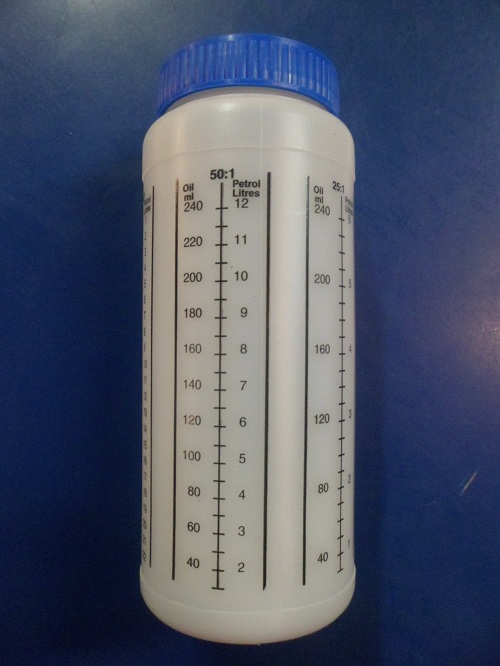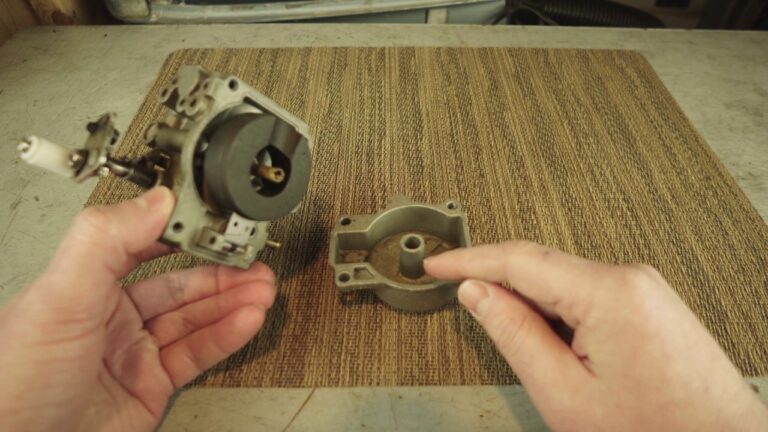Charging 24V Battery With 12V Alternator
You can charge a 24V battery with a 12V alternator, but the amperage of the source voltage may decrease. However, the voltage will still be sufficient to charge the battery.
Charging a 24V battery using a 12V alternator is a common concern for many people. While it may seem counterintuitive, it is possible to accomplish this task. However, there are some important factors to consider when attempting to charge a higher voltage battery with a lower voltage alternator.
We will explore the feasibility of charging a 24V battery with a 12V alternator, the impact on amperage, and the overall effectiveness of this charging method. By understanding the limitations and requirements, you can make informed decisions about charging your 24V battery with a 12V alternator.

Credit: www.emarineinc.com
Understanding The Basics
Understanding the Basics: How does a 24V battery work? A 24V battery consists of two 12V batteries connected in series, meaning their voltages combine to create a 24V output. On the other hand, a 12V alternator is designed to generate 12V of electrical power.
Can a 12V alternator charge a 24V battery? The short answer is no. The voltage produced by the alternator is not sufficient to charge a 24V battery directly. Exploring the challenges of charging a 24V battery with a 12V alternator reveals that a step-up converter or a battery isolator is necessary to convert the 12V output to 24V.
These devices ensure that the 24V battery receives the correct voltage for charging. Without them, the battery would not charge properly, leading to inefficiency and potentially damaging the battery. Understanding the relationship between battery voltage and alternator output is crucial for charging 24V batteries with a 12V alternator effectively.
Methods For Charging A 24V Battery With A 12V Alternator
When it comes to charging a 24V battery with a 12V alternator, there are three methods that can be used. The first method is through a series parallel connection, which involves connecting multiple 12V batteries to create a 24V system.
This requires understanding the wiring diagram for the connection and comes with its own set of pros and cons. The second method is by using a voltage converter, which converts the 12V output from the alternator to 24V. This requires installing the converter and exploring its limitations and benefits.
The third method involves using a battery isolator, which plays a role in charging the 24V battery with a 12V alternator. Installing a battery isolator and understanding its advantages and disadvantages are necessary in this method. Each method has its own unique approach to charging a 24V battery with a 12V alternator, allowing for flexibility based on individual needs and preferences.
Best Practices And Tips For Charging A 24V Battery With A 12V Alternator
Maintaining the proper voltage levels in your 24V battery is crucial for ensuring its longevity and performance. When it comes to charging a 24V battery with a 12V alternator, it’s essential to choose the right charging method for your specific setup.
By implementing safety precautions, you can prevent any potential damage or hazards that may arise during the charging process. Additionally, troubleshooting common issues and problems can help you identify and resolve any issues that may occur along the way. By following these best practices and tips, you can effectively charge your 24V battery with a 12V alternator without compromising its performance or longevity.
Frequently Asked Questions Of Charging 24V Battery With 12V Alternator
Can I Charge A 24V Battery With A 12V Alternator?
Yes, you can charge a 24V battery with a 12V alternator. The source voltage will drop, but it will still provide enough voltage to charge the battery.
What Happens If You Charge A 24V Battery With A 12V Charger?
Charging a 24V battery with a 12V charger will result in reduced amperage, but the battery will still receive enough voltage to charge properly.
What Is The Difference Between A 12V Alternator And A 24V Alternator?
A 12V alternator is designed to produce 12 volts of electrical power, while a 24V alternator produces 24 volts.
How To Get 24 Volts From 12 Volt Alternator?
To get 24 volts from a 12 volt alternator, you can connect two 12 volt batteries in series.
Conclusion
To conclude, charging a 24V battery with a 12V alternator is possible, but it comes with certain limitations. While the amperage of the source voltage may drop, it can still provide adequate voltage to charge the battery. However, it is important to note that the charging process may take longer compared to using a 24V alternator.
There are several methods and devices available that can help in charging a 24V battery with a 12V alternator, such as battery isolators or DC to DC chargers. These devices help regulate the voltage and ensure the battery is charged safely and efficiently.
Before attempting to charge a 24V battery with a 12V alternator, it is recommended to consult with a professional or refer to the manufacturer’s guidelines to ensure compatibility and avoid any potential damage to the battery or electrical system. Overall, with the right precautions and equipment, it is possible to charge a 24V battery using a 12V alternator, providing a practical solution in certain situations where a dedicated 24V alternator is not available.







